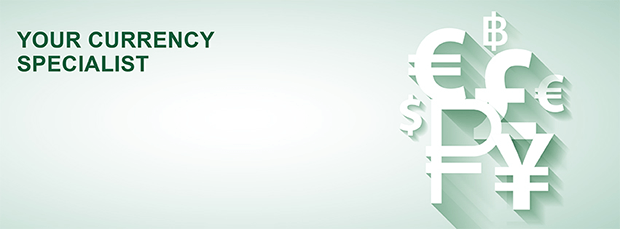* – This article has been archived and is no longer updated by our editorial team –
Below is our recent interview with Thomas Suter, CEO at QCAM Currency Asset Management:

Q: How is your assessment of the first semester and your outlook for the second half?
A: Financial markets started 2018 with high expectations but soon were grounded by a different reality. Global economic growth was not strengthening as expected but instead was diverging, with the biggest negative growth surprise coming from the Eurozone, while the US economy fared markedly better. The trade conflicts and the reawakening of inflation fueled by higher energy prices represent a severe danger for global trade and thus economic growth. What lies ahead? At the risk of oversimplifying, the outlook for the second half of the year can be divided into two scenarios. The optimistic view is that the negative news is largely priced in and fundamentals remain solid. The cautious view is that fundamentals are more likely to deteriorate than to improve and that the sources of volatility remain in place. We are not expecting recession or a financial crisis but the second scenario is greater.

Q: What has been the impact of these developments on currencies?
A: In our view, the divergences and tensions that marked the first half year will persist, continuing to influence currency markets and support the US Dollar while the currencies of emerging markets came under significant pressure in recent weeks. In addition to the Turkish lira, which entered into a devaluation spiral in the wake of the Turkish President’s statements on monetary policy, the Brazilian real, the Russian ruble and the Argentinian peso also struggled with devaluation pressures. The outlook for the Turkish lira has further deteriorated after U.S. President Donald Trump recently announced he is doubling US import tariffs on Turkish steel and aluminum. In general, the current losses of emerging markets currencies are likely due not only to domestic problems, but also to the changing interest rate environment in the US. In view of the recent US rate hikes, investors are increasingly withdrawing capital from typically risky emerging market investments.
Q: In view of those uncertainties are there alternatives to holding cash?
A: Due to the apparent lack of alternatives, many institutional investors have large cash holdings, which compel them to accept less attractive terms from banks. So cash isn’t necessarily king. With our Optimized Liquidity Management offering, we help our clients exploit untapped potential returns without increasing credit risks. In a multi-bank environment, our strategy is aimed at preserving capital and increasing short-term returns. Using our tools, portfolio managers can capitalize on the inherent inefficiencies found in FX. We have been successfully implementing this strategy for years, and most of the time we have substantially outperformed the benchmark indices and the funds of competitors. Institutional clients can participate in our approach via a Luxembourg fund.

Q: How do you attune your clients to possible market scenarios?
A: As the economic environment and the markets are in a state of flux, long-term forecasts are virtually impossible to make. Instead we provide our clients and investors with a periodic assessment of the factors driving markets as the basis for sound investment decisions. In addition to the closely read monthly bulletin FX Monthly and our WhatsApp-based market commentary FX NOW! we have added QCAM MACRO UPDATE. This periodic newsletter offers highly relevant insights into the big macroeconomic picture.
Activate Social Media:


